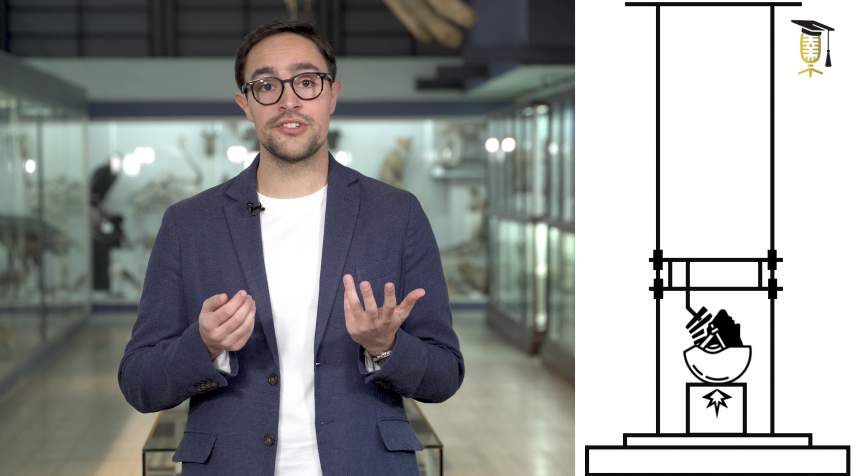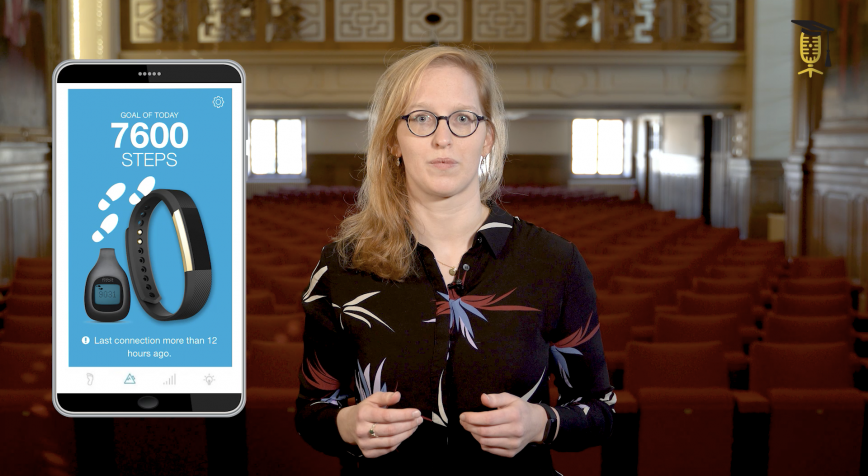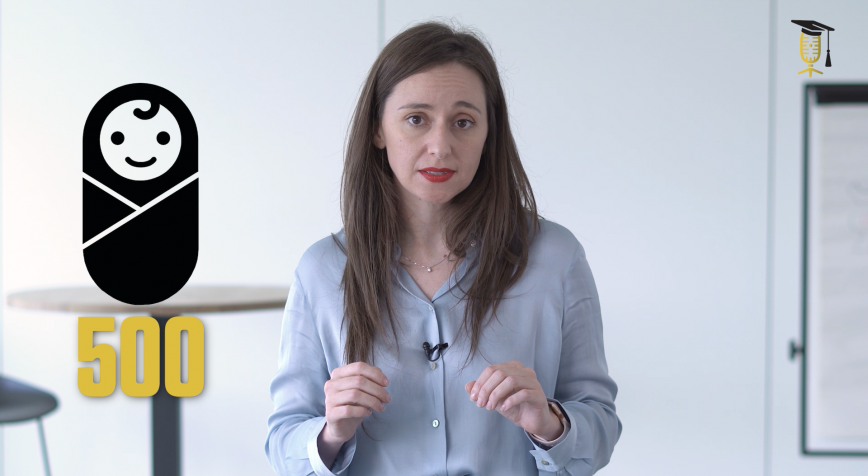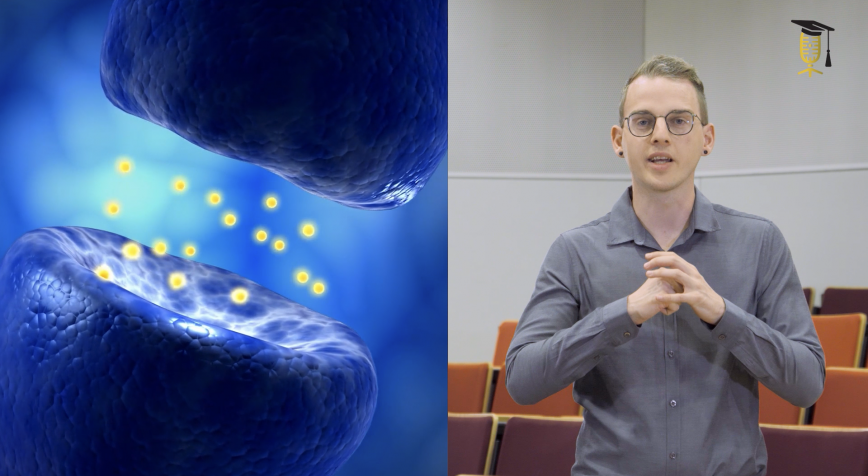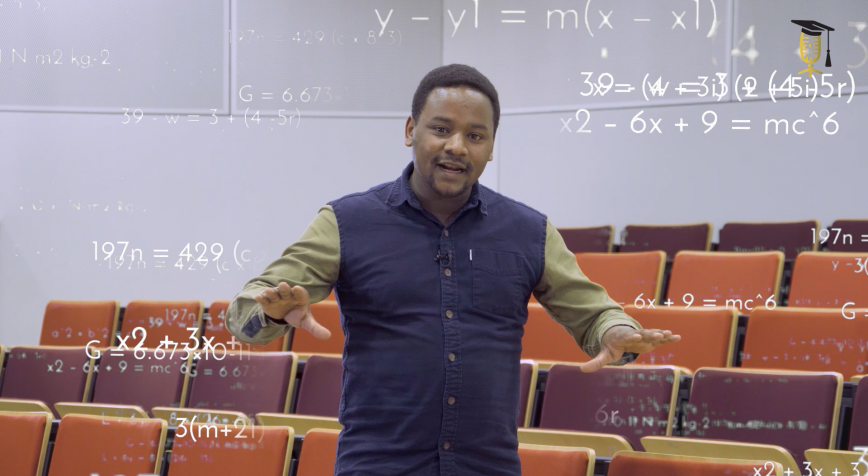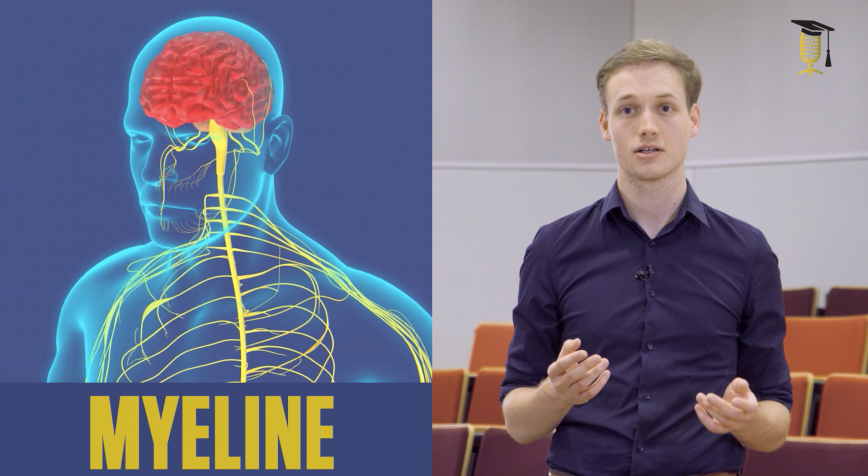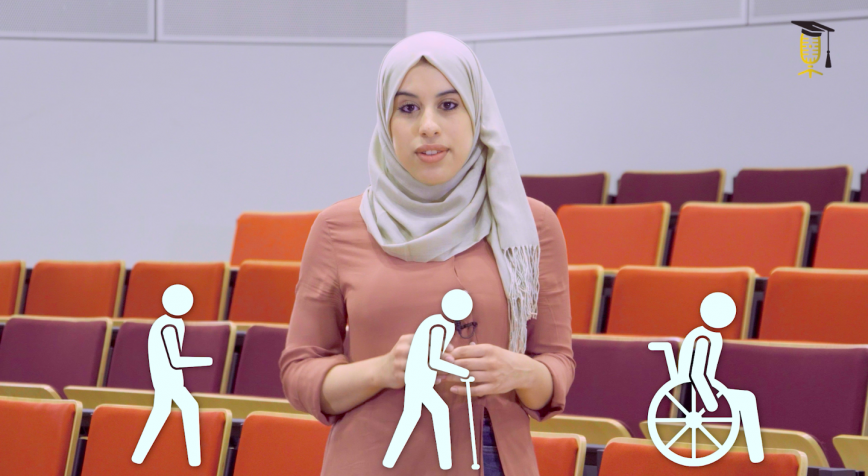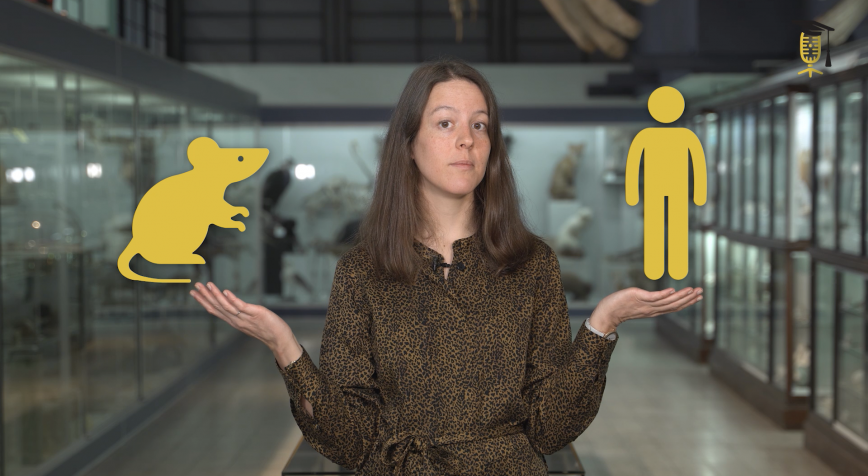
FWO
KU Leuven
Malaria: adrenal hormones save lives
In 2020, a couple in Kampenhout died of malaria. In Belgium, this is highly exceptional, but worldwide, and especially in Africa, 400,000 malaria deaths, often involving children, occur every year. Leen Vandermosten wants to help reduce malaria deaths. Can injections of glucocorticoids, hormones from the adrenal glands, protect people from a deadly course of malaria infection? That's what Leen wants to figure out!
